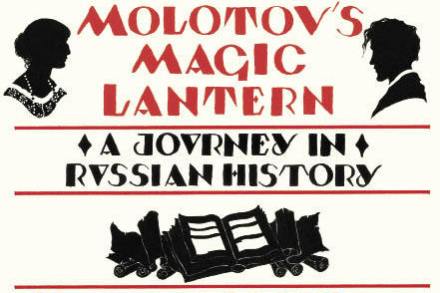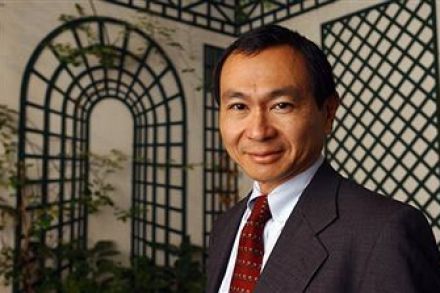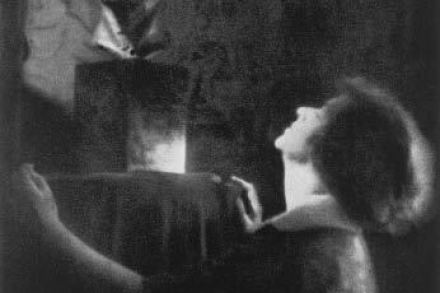Systematic genocide
You don’t have to accept the definition of how to do things, and you don’t have to follow other people’s choices and paths, OK? It is about your choices and your path. It is a measure of people’s continuing admiration for Chairman Mao that last year the White House communications director, Anita Dunn, unashamedly described him as a ‘favourite political philosopher’ because, as she told an audience of American high- school graduates, Mao showed that You don’t have to accept the definition of how to do things, and you don’t have to follow other people’s choices and paths, OK? It is about your choices and your path. In a brilliant







